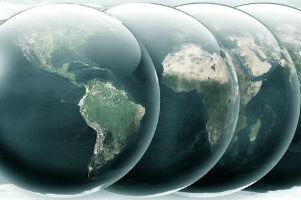 The reduction of greenhouse gases remains one of the main objectives of our day.
The reduction of greenhouse gases remains one of the main objectives of our day.
by Camilo Botero*
The XXI International Conference on Climate Change will be held in Paris (France), from November 30 to December 11, 2015[]. This conference will be organized by the United Nations Framework Convention on Climate Change (UNFCCC). The objective of this event is to sign a global agreement, to reduce greenhouse gas emissions throughout planet earth.
Previous conferences on Climate Change have not been successful so far in their claims to reduce carbon emissions in the world, on the contrary these have been increased and recently NASA published a graph that is of an impact that calls us to reflection, because there is observed with absolute clarity the accelerated increase in the levels of carbon dioxide in the atmosphere, reaching 400 ppm in 2014, which is unsustainable and dramatic:
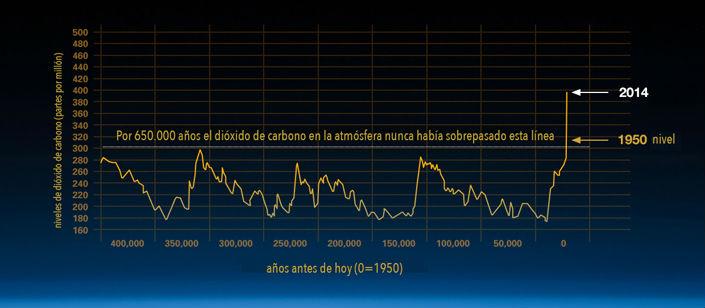
Based on this reality of the greenhouse effect caused by these emissions and their consequence on global warming, Pope Francis published his encyclical Laudato Si', in relation to which I will allow myself to make some allusions that have to do precisely with the topics that will be discussed at the Summit on Climate Change in Paris and that it would be of great convenience if they were taken into account by the representatives of all nations, who will participate in it.
Says the Pope; "What kind of world do we want to leave to those who succeed us, to the children who are growing up?" This question is at the heart of Laudato si'. And it continues; but now this battered and plundered land cries out and its groans join those of all the abandoned of the world.
It invites us to an "ecological conversion", to "change our route", assuming the urgency and beauty of the challenge that is presented to us before the "care of the common home".
"Humanity still has the capacity to collaborate to build our common home", especially by entering into dialogue with everyone, about it. The proposal of the Encyclical is that of an "integral ecology, which clearly incorporates the human and social dimensions".
Here is a brief description of the Thematic Axes, including the encyclical:
"What is happening to our house"
Climate change: "This is a global problem with serious environmental, social, economic, distributive and political dimensions, and poses one of the main current challenges for humanity." If "the climate is a common good, of all and for all", the most serious impact of its alteration lies with the poorest, but many of those who "have more resources and economic or political power seem to concentrate above all on masking the problems or hiding the symptoms": "The lack of reactions to these dramas of our brothers and sisters is a sign of the loss of that sense of responsibility for our similar on which every civil society is founded."
The question of water: The Pope states unequivocally that "access to safe drinking water is a basic, fundamental and universal human right, because it determines the survival of people, and therefore is a condition for the exercise of other human rights." Depriving the poor of access to water means "denying them the right to life rooted in their inalienable dignity."
Biodiversity loss: "Every year thousands of plant and animal species disappear that we will no longer be able to know, that our children will no longer be able to see; they will be lost forever." They are not only potential exploitable "resources", but they have a value in themselves. In this perspective "the efforts of scientists and technicians who try to provide solutions to the problems created by the human being are laudable and sometimes admirable", but this human intervention, when put at the service of finance and consumerism, "makes the land in which we live less rich and beautiful, and increasingly limited and gray."
Ecological debt: within the framework of an ethic of international relations, the Encyclical indicates that there is "a real ecological debt", especially of the North in relation to the South of the world. In the face of climate change, there are "diversified responsibilities", and those of developed countries are greater. Knowing the profound divergences that exist regarding these problems, Pope Francis is deeply impressed by the "weakness of the reactions" to the dramas of so many people and populations.
The human root of the ecological crisis
A first foundation of this thematic axis is the reflections on technology: it is gratefully recognized for its contribution to the improvement of living conditions, although it also gives "those who have the knowledge, and above all the economic power to use it, an impressive dominion over the whole of humanity and the whole world", "the market alone does not guarantee integral human development and social inclusion." "Stop investing in people to obtain a greater immediate return is very bad business for society" It is therefore necessary to ensure "a scientific and social discussion that is responsible and broad, able to consider all the available information and call things by their name", from "free and interdisciplinary lines of research"
An integral ecology
The core of the Encyclical's proposal is an integral ecology as a new paradigm of justice, an ecology that "incorporates the peculiar place of the human being in this world and its relations with the reality that surrounds it" "Any impairment of solidarity and civility produces environmental damage"", "the analysis of environmental problems is inseparable from the analysis of human contexts, family, work, urban, and the relationship of each person with himself". This environmental ecology "is inseparable from the notion of the common good."
Also "our own body places us in a direct relationship with the environment and with other living beings. The acceptance of one's own body as a gift from God is necessary to welcome and accept the whole world as a gift from the Father and common home.
Some guidelines and lines of action
The Church does not intend to define scientific questions or replace politics, but [says the Pope] I invite an honest and transparent debate, so that particular needs or ideologies do not affect the common good."
On this basis, Pope Francis is not afraid to make a harsh judgment on recent international dynamics and refers to the Summits on Climate Change: "The World Summits on the environment of recent years did not respond to expectations because, due to lack of political decision, they did not reach truly significant and effective global environmental agreements." "We need an agreement on global governance regimes for the full range of so-called 'global commons'" given that "environmental protection cannot be secured solely on the basis of the financial calculation of costs and benefits. The environment is one of those goods that market mechanisms are not able to defend or promote adequately" while corruption, which hides the true environmental impact of a project in exchange for favors, often leads to spurious agreements that avoid informing and debating widely.
The call to those who hold political assignments is particularly incisive, to avoid "the efficient and immediatist logic" that predominates today. And he adds, "but if he dares to do so, he will once again recognize the dignity that God has given him as a human and will leave behind his passage through this history, a testimony of generous responsibility."
Ecological education and spirituality
The root of the cultural crisis is deep and it is not easy to redesign habits and behaviors. Education and training remain basic challenges: "every change needs motivations and an educational path". Educational environments must be involved, first of all "school, family, media, catechesis".
The starting point is to "bet on another lifestyle". "An integral ecology is also made of simple everyday gestures where we break the logic of violence, of exploitation, of selfishness. Sobriety, which is lived with freedom and conscience, is liberating."
To conclude these reflections, I must admit that I firmly believe that all these postulates of Pope Francis are fundamental to the conference and on which the summit for the mitigation of Climate Change in Paris should focus.
I wish all the participants in this event, that they be enlightened so that quantifiable results are really achieved, substantially reducing carbon dioxide emissions and proposing definitive substitutions, to the use of hydrocarbon fuels, which cause a large part of these emissions, replacing them with ecologically friendly alternative energies, such as solar, wind, geothermal, which are more evenly distributed in the world and are therefore also more equitable, and of course, improving efficiency in all processes of conversion and use of energy.
Note: At the close of this edition, the regrettable and repudiable acts of terrorism in Paris happened, hopefully they will not harm this Summit on Climate Change; whose conclusions are vital for the survival of humanity, in the medium term.
* Camilo Botero is the current Secretary of the Federation of Ibero-American Associations of Air Conditioning and Refrigeration - FAIAR; he was president of ACAIRE and is president of Camilo Botero Ingenieros Consultores Ltda. He has worked as a teacher in several Colombian universities, guilds and currently in ACAIRE in diploma courses of air conditioning projects, energy efficiency in air conditioning and refrigeration, cogeneration and trigeneration, applied psychometrics, thermodynamics, fluid mechanics, heat transfer and turbomachinery. ([email protected]).





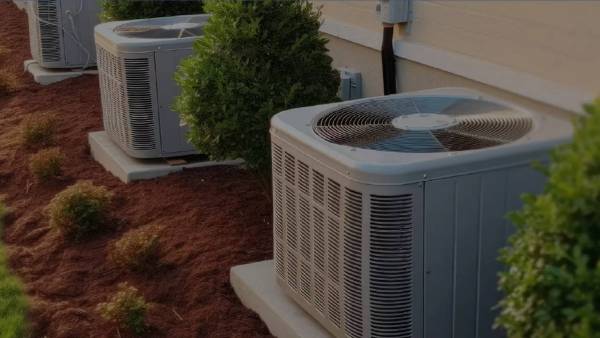





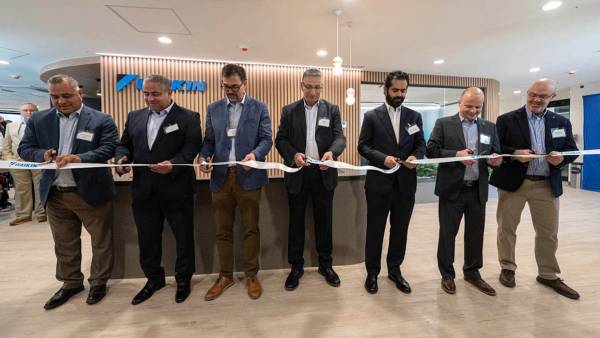


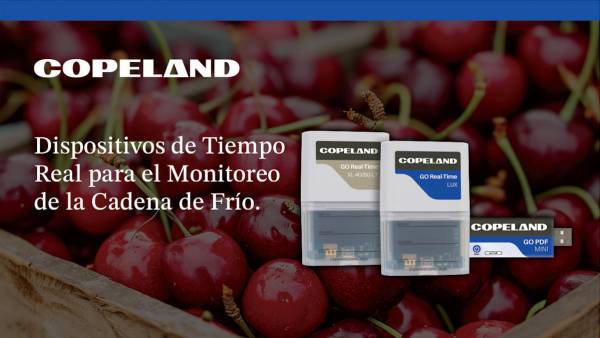
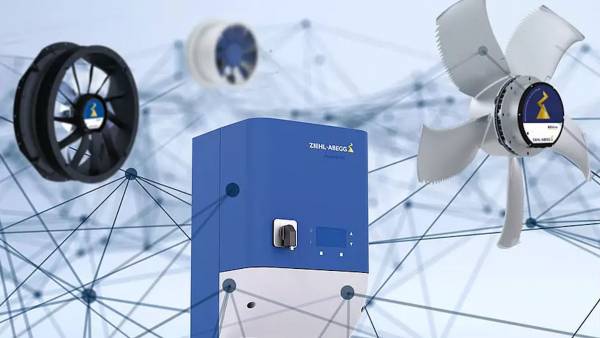








Leave your comment